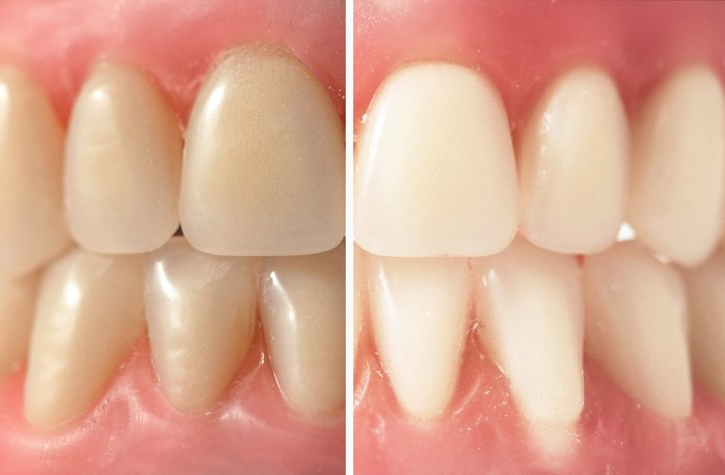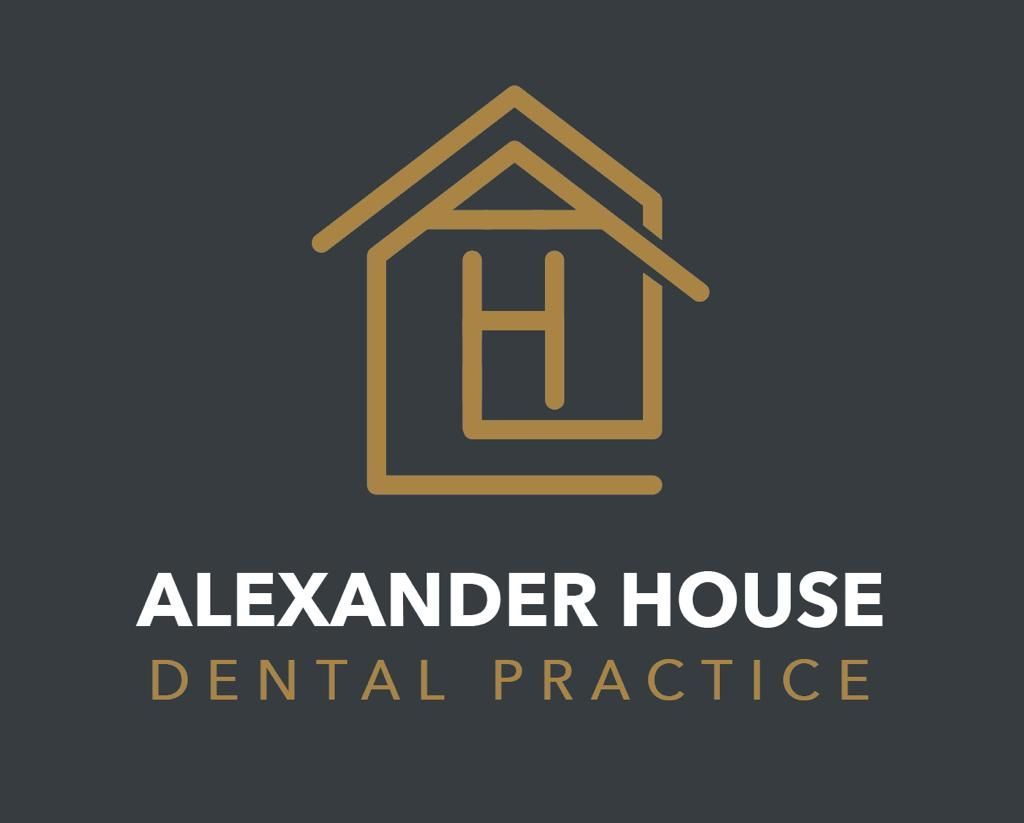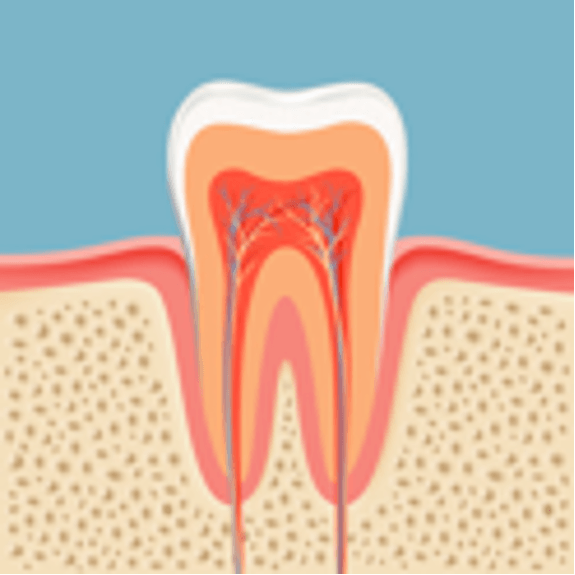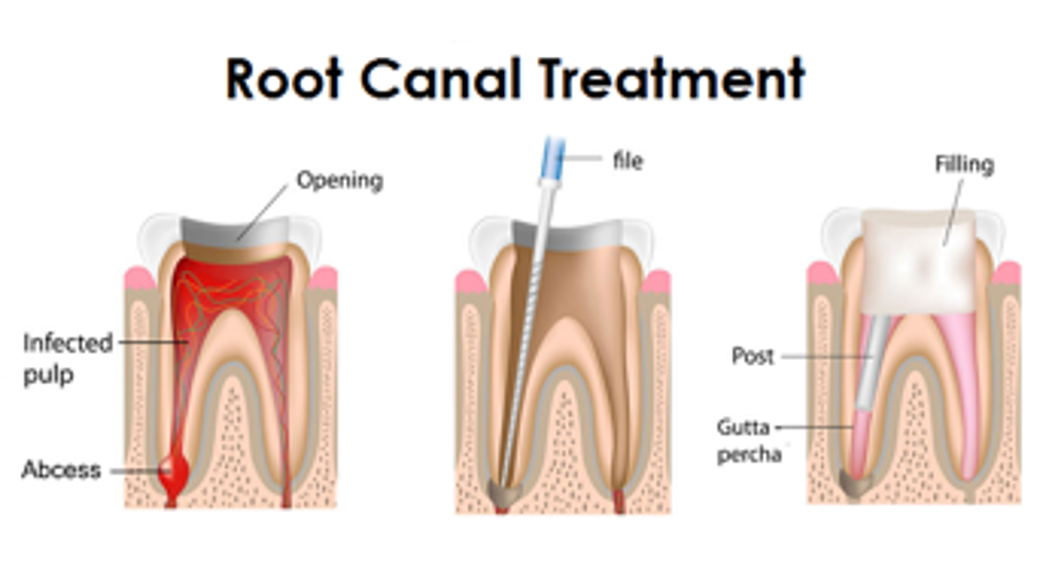Book General Dentistry Treatments In St Albans
Book an Appointment At Alexander House
Book General Dentistry Treatments In St Albans
Book An Appointment At Alexander House
BOOK AN APPOINTMENT TODAY
General Dentistry Treatments
At Alexander House Dental Practice we provide the following general dentistry treatments:

HYGIENIST
Reasons to see a Hygienist
-
Routine preventative care and maintaining healthy gums
This is a prerequisite for a healthy mouth. The Hygienist can remove tartar build-up, clean out food trapped between teeth and other soft tissues, and polish the teeth. They will monitor the general condition of your teeth and soft tissues and recommend a further dental examination if necessary.
-
Oral hygiene instructions
The Hygienist will demonstrate the most modern and effective way of removing plaque. On some occasions the patient may be asked to bring their brushes along so that the hygienist can monitor the technique and correct if necessary. New and current dental products are introduced and recommended as appropriate.
-
Fresh breath
The hygienist can identify problems that create mouth odour and provide solutions to the underlying cause. The hygienist will also help you choose the correct dental products to use.
-
Treating gum disease
• Bleeding gums (Inflamed gums)
• Loose teeth (bone loss)
• Receding gums
• Gum abscesses
Polishing stained teeth (Prophy-Jet®)
PROPHY-JET is an air polishing prophylaxis system which uses air, water, and either sodium bicarbonate (ProphyJet®) or non-sodium (JET Fresh®) powder as a slurry to remove extrinsic stain, dental plaque and soft debris while simultaneously polishing tooth surfaces. Recommended to clean tooth surfaces prior to bonding procedures and placement of dental sealants. Highly effective in use on patients wearing orthodontic appliances. Sodium bicarbonate is accepted by most patients and is both minimally abrasive and water soluble.
The patient will have had a thorough examination by the dentist before seeing the hygienist, and an appropriate treatment plan will have been created which the hygienist will follow. This can range from a simple scaling to treating individual problem areas with local anaesthetic.

EXTRACTIONS
Dental Extractions
In cases of advanced gum disease and tooth decay, teeth may need to be extracted.
Some patients may also develop impacted wisdom teeth, which can cause intense pain. This is alleviated by having them removed surgically. One area in which it is possible for dentists to specialise is oral surgery, an umbrella term for all dental procedures involving surgery, such as the extraction of teeth or wisdom teeth. It is always important to get the advice of a dental professional if you are worried about any of your teeth. Never attempt to pull out your own tooth at home as this could cause a more serious problem for you.
Life benefits:
- Safe and sterile procedure.
- Quick recovery and healing time with reduced infection risk.
- Sustained good oral health.
ROOT CANAL TREATMENT
Root canal treatment involves the removal of the pulp tissues from inside the tooth in the event that it gets infected or inflamed. If not treated, this could lead to an abscess. Root canal treatment can save teeth that would otherwise have to be extracted. The treatment may be required when the tooth has become infected or inflamed due to:
- deep decay or an extensive restoration that involves the pulp.
- cracked or fractured tooth due to trauma.
- excessive wear of enamel and dentine exposing the pulp.
- sometimes as a result of severe gum disease.
Signs that Root Canal Treatment may be necessary:
- pain,
- prolonged sensitivity to heat or cold,
- discolouration of the tooth,
- swelling,
- tenderness of the overlying gums
- a bad taste in the mouth.
Signs of pulp damage
There may be no symptoms at all. If pulp inflammation or infection is left untreated, it can eventually cause pain, swelling and loss of the supporting bone.
ROOT CANAL TREATMENT - ENDODONTICS
Endodontics is the speciality of dentistry that treats inflamed or infected pulp (the part of the tooth containing nerves and blood vessels).
Reasons for inflamed/infected pulp:
- Deep cavity or filling
- Crack or chip of the tooth
- Trauma/injury
Failure to treat the infected pulp can lead to severe pain and an abcess.
Endodontics offers an economical way to treat the infection and save the tooth from being extracted. It involves removal of the diseased pulp, thorough disinfection of the hollow canals and subsequent filling them as demonstrated.
Root canal treatment can often be a challenging procedure for the following reasons:
• It can be difficult to locate all of the infected canals.
• The canals can often be very narrow and difficult to negotiate.
• There can be obstructions in the pulp such as ‘pulp stones’.
• Re-current infection of a previously root treated tooth.
When posed with such challenges, your dentist may recommend referral to dentist with a special interest in such procedures.
RESTORATIVE FILLINGS
Bonded Ceramic Restorations
Bonded Ceramic Inlay - For larger cavities, or replacing large fillings, we recommend bonded ceramic restorations, such as porcelain inlays, onlays or veneers. The main advantages are:
- Strength - Modern-day porcelain made with zirconia and pressed ceramics has improved strength. This allows us to use porcelain in situations where there is increased bite pressure.
- Accurate fit - As these are individually hand-made by a ceramic technician in the dental laboratory using measurements of the cavity, they are specifically made to fit precisely for that tooth.
- Superior aesthetics - The porcelain restoration is made using a layered technique which allows different parts of the restoration to have their own colour and translucency to match the surrounding tooth material.
- Bonding - As the ceramic can be bonded to the tooth substance, it will provide an accurate and stable fit, seal and support to the tooth structure.
EMERGENCY DENTAL CARE
Come And See Us
If you have chipped or broken a tooth as a result of an accident or injury, it is very important that you see a dentist as soon as possible. The same goes for one or more knocked out teeth. The sooner you are seen by a dental professional the better the chances that the teeth could be re-implanted, depending on the severity of your injury. Here are some of the steps an emergency dental appointment will cover:
- A thorough examination of the injured area will be undertaken. This may include dental x-rays to determine the extent of the damage.
- Depending on the severity of the pain, the area will be numbed with local anaesthetic.
- The injured area will be sterilised to reduce the risk of infection.
- The damaged teeth will be restored temporarily or permanently, depending on the case.
- In severe cases the affected tooth may require extraction and implant treatment will be discussed.
CHILDREN'S TEETH
It Is Never Too Early!
Children are always welcome and recommended to start their dental checks from a young age.
We want to encourage regular dental attendence throughout childhood, so that children grow up with the knowledge and confidence to look after their teeth and gums for their whole life.
-
It is never too early!
Excellent oral hygiene skills are taught from a young age, so it becomes a natural habit for the children.
-
Eat your way to a great smile
Good and correct dietary advice is given to children and their carers to compliment their oral hygiene routine. This will promote healthy development of both teeth and gums, reducing the need for invasive dental treatment in the future.
-
Prevention is better than cure
Regular dental checks are strongly recommended so that any problems are picked up early and can be treated before they become serious.
-
A protective shield for your teeth
Fissure sealing is a very simple yet effective dental procedure which involves coating the first emerging molars with a clear sealant. This protects the deep fissures of a newly-emerged molar from the possibility of food getting trapped in the chewing surface of the tooth and leading to decay. This is just an aid to excellent dental hygiene, not an alternative to regular brushing!
-
Good gums keep bad bugs away
Regular hygiene appointments are encouraged to ensure correct brushing techniques and promote good gum health.
-
Grow straight and strong
With regular dental checks, dental problems associated with the growth of the jaw and teeth can be monitored and appropriate orthodontic treatment can be initiated at the right time.
SITE PAGES
FIND US
Alexander House Dental Practice
109 St. Peter’s Street
St Albans , Hertfordshire
AL1 3ET
CONTACT US
© 2023 All Rights Reserved | Alexander House Dental Practice | Website by Infoserve | Privacy & Cookie Policy



